TEHRAN(Bazaar) –Shireen Tahmaasb Hunter, a professor of political science at Georgetown University, tells that the convening of a regional meeting about the security in the Persian Gulf by the United Nations' Secretary General, potentially could be a positive step.
She adds that however, the UN's efforts could only succeed if other conditions are present.
Following is the text of the interview:
Q: It is planned to hold a meeting this September at the initiative of the Secretary General of the United Nations with the participation of the foreign ministers of eight countries of Iran and Iraq and GCC members. The Secretary General's initiative for regional dialogue is included in UN Security Council Resolution 598, which led to the end of the Iran-Iraq war. What is your assessment of this meeting?
A: The convening of a regional meeting about the security in the Persian Gulf by the United Nations' Secretary General, potentially could be a positive step. However, the UN's efforts could only succeed if other conditions are present. The most important is the existence of a good deal of trust among regional states, plus the willingness of major international players to allow such arrangements. Currently, despite some minor improvements, rivalry and mistrust characterizes the state of relations among regional states. Rivalries between Saudi Arabia and the UAE, Saudi Arabia and Qatar, plus the persistence of deep mistrust of Iran among Arab states does not augur well for the success of such efforts.
Great powers, notably the US, China, Russia and some European states, like France and the U.K., plus Turkey are also competing for influence there. However, the Secretary General's effort could be a good start to at least talk about various issues.
Q: After the improvement of the relationship between Iran and Saudi Arabia, improvement in the relations between Iran and other Arab countries can be seen. To what extent can creating a mechanism for regional dialogue be successful in such an atmosphere?
A: The establishment of diplomatic relations between Riyadh and Tehran has not eliminated the many sources of disagreement between the two states. The reconciliation is still fragile. There are also many other points of friction between Iran and states like the UAE, Bahrain and Kuwait. Further West, Iran's relations with Egypt are still tense. Also, none of the historic sources of Iran-Arab tensions such ethnicity and sectarian differences have been resolved. Therefore, not much should be expected from the Secretary General's initiative. However, it should be welcomed as a first step.
Q: Following the reduction of America's presence in the region, diplomacy in the region regarding important security issues for the countries of the region has increased. Do you evaluate this process as tactical or strategic?
A: Unlike earlier expectations, the US has in recent months increased its military presence in the Persian Gulf. In general, with the growing Chinese influence in the region as well as Russia's efforts to woo the Gulf Arabs, plus considerations emanating from the Arab-Israeli dispute, a sharp decline in US presence is unlikely. The US is determined to facilitate the normalization of relations between Israel and Arab states, most notably Saudi Arabia. To do so, it is willing to give Riyadh many advantages, including possibly security guarantees. This means that Washington intends to stay in the region for the foreseeable future.
Q: China's participation in the region - although it does not have a wide military and security aspect at the moment - what effect will it have on regional trends?
A: China has a mercantilist approach towards the region. It wants to trade and make investments. It has no appetite for assuming security responsibilities for the region. It also has more immediate security challenges closer home such as the Taiwan issue. So its interest in fostering or preventing regional security cooperation is likely to remain limited.
Q: To what extent can commercial relation and economic interdependency be used for regional dialogues?
A: The functionalist school of international relations maintains that economic relations could in time foster security cooperation. This is partially true. The post-War European cooperation started with the Coal and Steel organization. However, European cooperation was mostly prompted by their common fear of the USSR, plus NATO's security guarantees. Such conditions do not exist in the Persian Gulf. The security threat perceptions of regional states widely differ and they are still in a competitive mood. However, greater economic interdependence could contribute to a willingness to seek peaceful mechanisms for resolving differences. The problem is that the regional states' economies are competitive rather than complimentary.

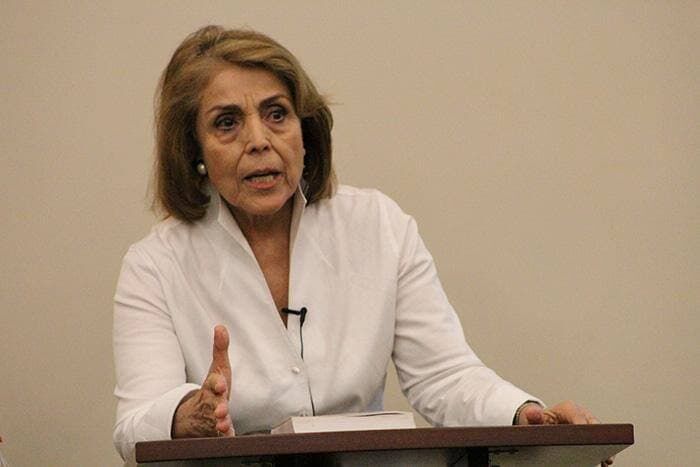




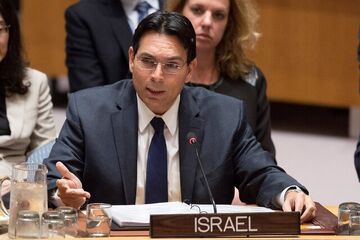
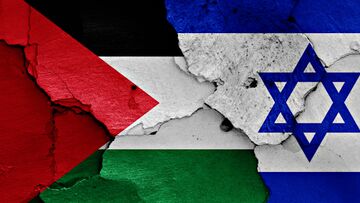



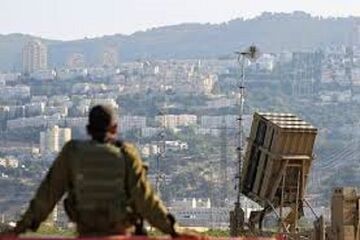
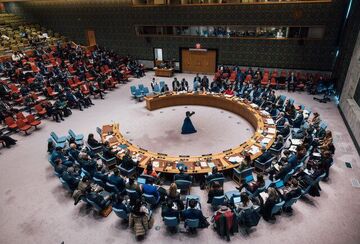

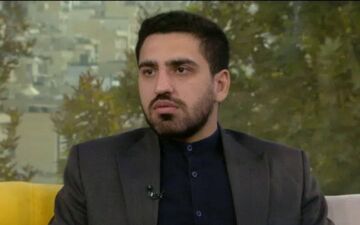
نظر شما